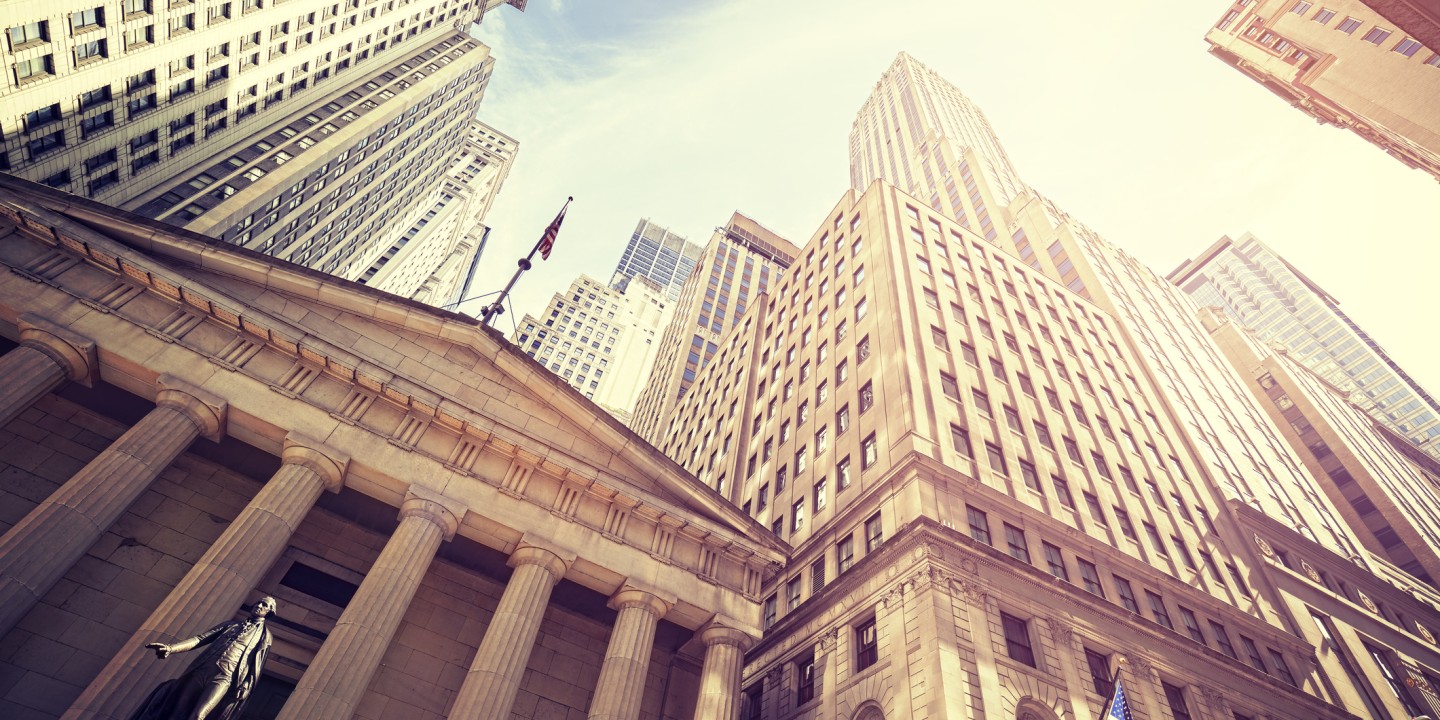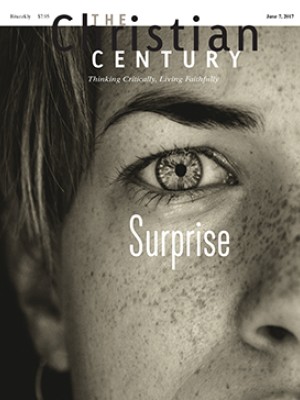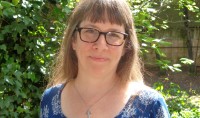When the financial market is god, who pays?
Most religions acknowledge the contingencies and paradoxes of human life. Not this one.

Earlier this spring David Dao was dragged off a United Airlines flight by aviation police in Chicago. When he refused to deplane and wait for a later flight, the police hauled him from his seat and dragged him down the aisle, breaking his nose and leaving him bloody and concussed. The police had sworn to serve and protect, but the person they protected was the corporation that owned the plane, not the human being who had paid that corporation to fly him home.
This incident is an example of the problem Harvey Cox analyzes in his new book, The Market as God. Cox argues that our sacralized market endows corporations with personhood, granting them immunity from double jeopardy, giving them the right to a trial by jury, and allowing their unlimited contributions to political campaigns in the name of protecting their freedom of speech.
Read our latest issue or browse back issues.
With the power to remake itself over time, this new corporate person has attained something that even Adam and Eve did not enjoy: immortality. And, as in the case of Union Carbide, which became part of Dow Chemical after the 1984 disaster in Bhopal, India, this immortal corporate person has been granted another quality that Adam and Eve lacked: blamelessness.
This understanding of personhood is only possible, Cox argues, when the market stops functioning as the servant of society and becomes its master. The deployment of state power to drag people from airplanes is not the worst thing that can happen in such a market; the worst thing is that we forget, as Cox puts it, “how unjust and humiliating it is to take from people the resources they need to live, and to exact personal gain from their misery.” The worst thing is that income inequality continues to grow unchecked until society simply breaks apart.
Cox borrows the image of a deified, sacralized market from Pope Francis, who critiqued those who defend trickle-down economic theories as “a crude and naïve trust in the goodness of those wielding economic power and in the sacralized workings of the prevailing economic system.” A “deified market,” the pope insisted, has created “a globalization of indifference.”
Reading economic theory and business news through a theological lens, Cox found that the market has its myths of origin, legends of the fall, and doctrines of sin and redemption. It has priests and rituals, saints and prophets, liturgies, a sacred calendar, and sacred spaces. It has cultivated forms of evangelization and esoteric debates about the nature of personhood and its own infallibility.
In other words, the deified market looks like a religion. But, unlike most religions, it fails to acknowledge the contingencies and paradoxes of human existence. It lacks the ability of religious faith to knit the known and the unknown, as Thomas Merton once put it, into a living whole. In a deified market, the tragedy of 9/11 spurred the president not to invite us to consider the implications of our shared humanity or the substance of our citizenship, but to urge us to get out and shop.
In The Market as God, Cox charts “the long struggle . . . between the God of the Bible who has a bias for the poor, and the God of The Market.” The market has by and large been victorious, he argues, although he also traces movements within religion that have tried to restore the market to its rightful place—from Catholic social teachings to Protestant social gospel, from Europe’s religious socialism and worker priests to Latin America’s liberation theology.
Cox’s book flows from this genealogy. He imagines a restoration of the market that’s grounded in the first creation story of the book of Genesis. Following the structure of the seven days of creation, Cox proposes a seven-step plan for a decentralization of the market. Citing the work of Israeli scholar Avivah Gottlieb Zornberg, he reads the first creation story as an account of God moving from a centralized, all-encompassing presence to the multiplicity of light and darkness, dry land and oceans, sea monsters, green plants, and stars. Human beings add to that vibrant multiplicity; we are made in God’s image and share in God’s life.
Cox imagines that, with the right kind of encouragement, the market might choose a decentralization that would set loose human creativity to address the problems that the deification of the market has created. Rather than concentrating power and wealth at the top of corporations, there would be more democratic participation throughout the system. Human ingenuity would be focused more on human dignity and less on the personhood of corporations.
For Cox this is not a utopian dream but rather an absolute necessity. Even a deified market cannot grow forever, and the God of the market is no protection against the catastrophe of ever-widening income inequality. Cox’s book challenges us to question this force, resist its deification, and join with others in imagining it as a means rather than an end.
A version of this article appears in the June 7 print edition under the title “When the market is God.”






